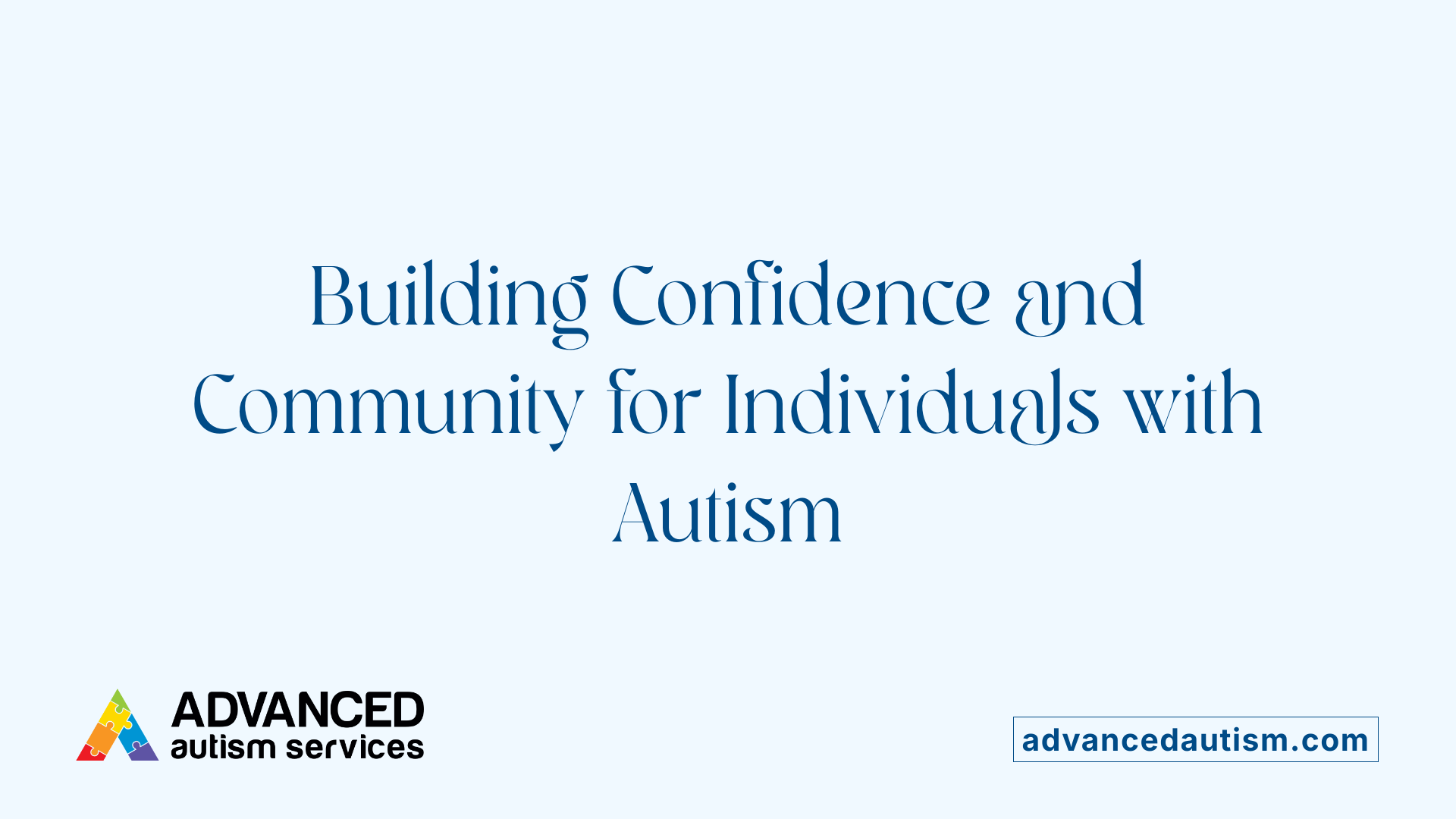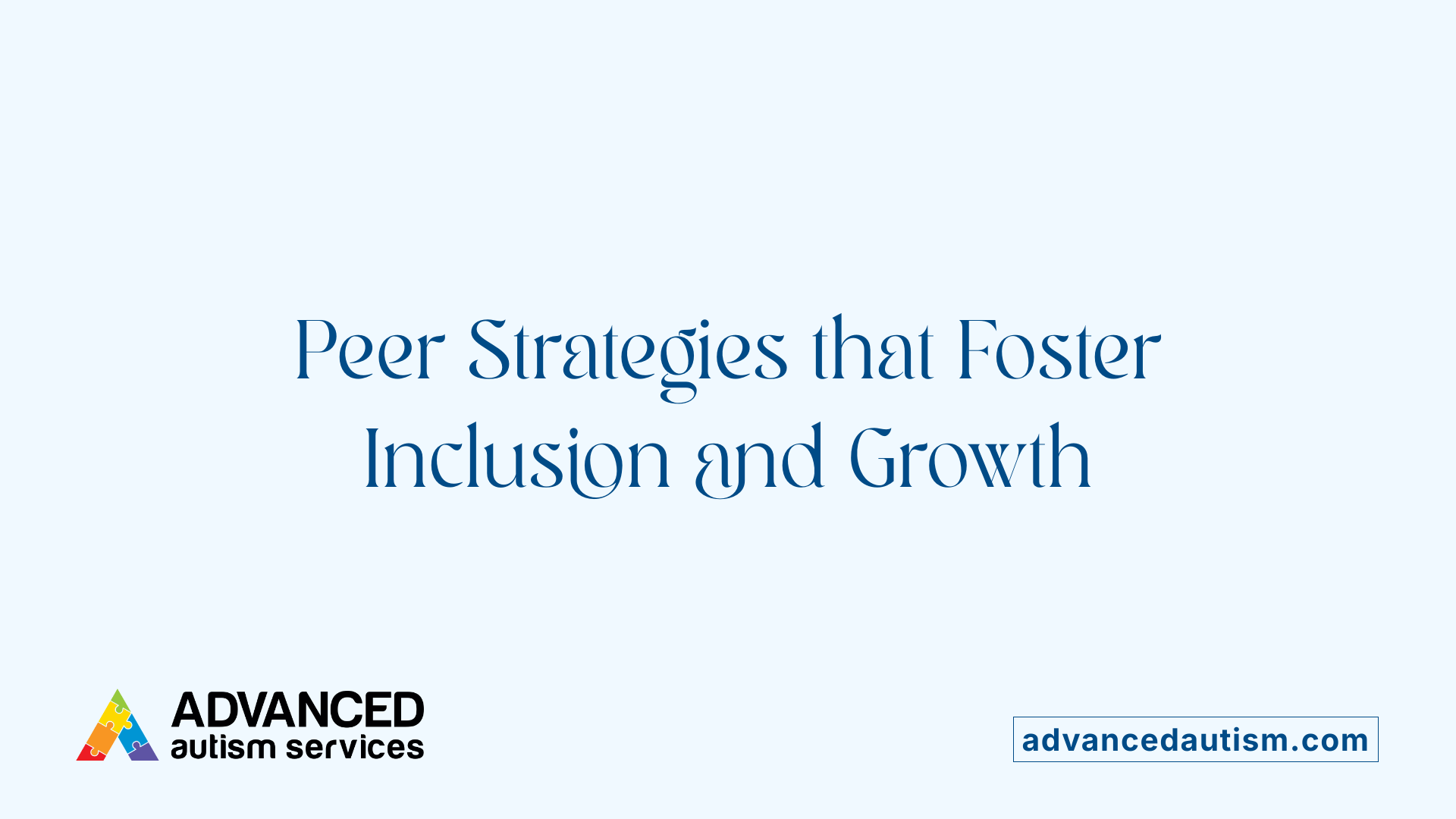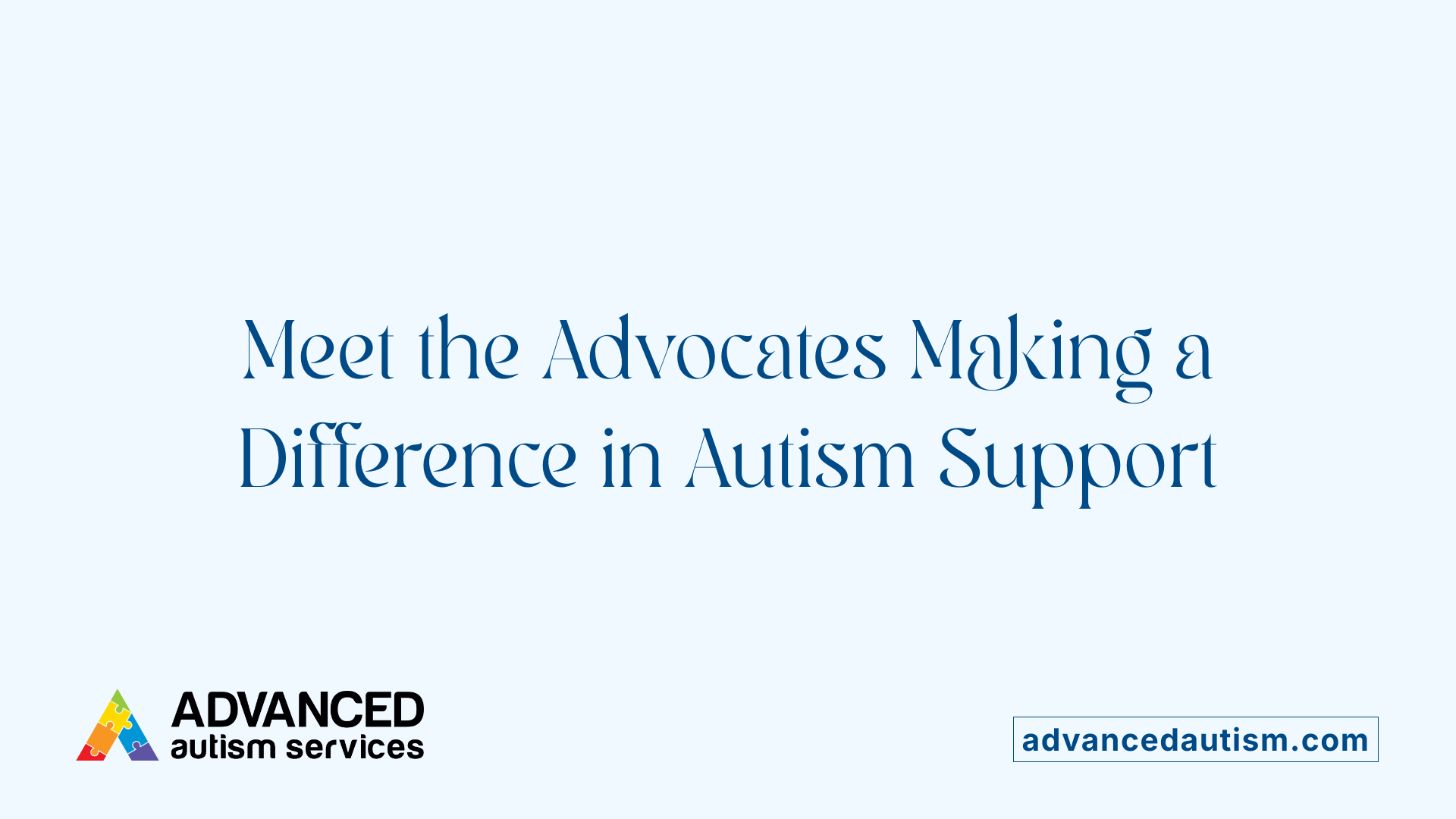Understanding the Essential Role of Peer Support
Peer support programs are pivotal in creating inclusive environments that foster social, emotional, and practical development among individuals with autism. Through shared experiences and mutual understanding, these programs not only promote personal growth but also broaden community awareness and support networks.
The Benefits of Peer Support Groups

What are the benefits of peer support groups?
Peer support groups offer a wide range of advantages, especially for individuals on the autism spectrum. These groups provide a safe space where members can share their experiences, challenges, and successes, which promotes emotional well-being and hope.
By connecting with others who face similar situations, participants often develop greater confidence in navigating social environments and handling daily life activities. These groups help improve social skills through regular interaction, which can translate into better communication in community and school settings.
An important aspect of peer support is increasing health knowledge and literacy. When members learn from each other's experiences, they gain insight into managing health and behavioral challenges effectively. This mutual learning fosters empowerment, giving individuals the tools and confidence to advocate for themselves and access necessary services.
Moreover, peer groups can facilitate better access to healthcare and community resources. Participants often share information about available programs, support systems, and coping strategies, ultimately reducing barriers to care.
Family members and caregivers also benefit from these groups, as they often experience decreased caregiver burden when supported by a community that understands their concerns and offers shared solutions. This collective support lessens feelings of isolation and stress.
Different models of peer support cater to diverse needs. For example, peer-led programs, mentorship, and motivational interviewing are tailored to enhance self-management and promote healthy behavior changes. These approaches foster resilience, foster independence, and support individuals' abilities to handle life’s challenges.
While conclusive evidence on health outcomes continues to grow, research indicates that peer support tends to improve patient experience, boost self-efficacy, and cultivate a sense of community and belonging.
Overall, peer groups serve as empowering platforms that foster connection, understanding, and mutual growth, making them invaluable in supporting individuals with autism and other developmental conditions.
Positive Impacts and Social Benefits

What are the positive effects of peer support?
Peer support offers a range of benefits that significantly impact adolescents with autism and other developmental differences. One of the most notable effects is the boost in self-esteem and confidence. When peers support each other, individuals often feel more valued and capable, encouraging them to participate more actively in classroom activities, social events, and community life.
Resilience is another key area strengthened through peer interactions. Sharing experiences and coping strategies within peer groups helps individuals develop emotional toughness and problem-solving skills that can sustain them through challenges.
Engaging with peers provides a safe and understanding environment where adolescents can openly share their experiences and challenges. This openness fosters empathy and understanding, which can reduce feelings of isolation and improve mental health, addressing issues like anxiety and depression.
Peer support also enhances social and emotional skills. Participation in structured programs and informal groups encourages communication, decision-making, and emotional regulation. These activities help individuals navigate social situations more effectively, promoting inclusivity and positive relationships.
Furthermore, involvement in peer mentoring and group activities helps reduce social challenges by providing consistent opportunities for interaction and engagement. This form of support can make social environments less intimidating, enabling more meaningful connections.
In summary, peer support plays a crucial role in promoting mental well-being, increasing social competence, and fostering resilience among individuals with autism. Its benefits extend beyond social skills, contributing to overall emotional health and the ability to cope with life's difficulties.
How Peers Support Students with Autism

How can peers help students with autism?
Peers play an essential role in supporting students with autism by acting as proactive models and facilitators of social and behavioral skills. Through structured peer-mediated interventions (PMI), students with autism can engage in targeted activities that encourage communication, social interaction, and appropriate behaviors.
Peer support programs often involve one-to-one tutoring or buddy systems, where neurotypical peers assist their classmates with autism. These peers help by demonstrating social cues, encouraging participation, and providing positive reinforcement. For example, peers can support classroom activities, help students stay on task, and foster a sense of belonging.
Integrating social-emotional curricula like Zones of Regulation alongside PMI enhances students' ability to identify, understand, and manage their emotions. This approach boosts self-regulation and emotional skills that are crucial for social success.
Successful programs rely on high-fidelity implementation, meaning that strategies are consistently applied as designed. Training peers thoroughly and providing ongoing supervision ensure effectiveness.
Centers like the Vanderbilt Kennedy Center offer valuable resources, training, and support to educators and peers. These resources help optimize peer support programs, promoting independence, community integration, and mutual understanding.
By utilizing these approaches, peer support not only improves social and academic skills but also strengthens friendships and promotes inclusive, welcoming environments for students with autism.
The Role of Peer Support Specialists in Autism Support

What is a peer support specialist for autism?
A peer support specialist for autism is a trained individual dedicated to assisting people with autism spectrum disorder (ASD) and their families. They serve as advocates, mentors, and resource providers, helping navigate the many challenges faced by autistic individuals.
These specialists are skilled at creating sensory-friendly environments, which are specially designed spaces that reduce sensory overload and promote comfort. This helps individuals feel safe and accessible when participating in various activities.
Peer support specialists also connect families and individuals to important community resources, including support groups and therapy options such as behavioral or music therapy. They work to expand access to services that foster inclusion and improve overall well-being.
A significant part of their role involves sharing lived experiences and offering emotional support, which helps reduce social isolation. By encouraging self-advocacy and resilience, these specialists empower individuals and their families to develop independence.
Overall, peer support specialists act as catalysts for community engagement, helping foster better understanding, emotional resilience, and personal growth for people with autism. Their work is essential in promoting a supportive, inclusive environment that recognizes diverse strengths and supports continuous development.
Building a More Inclusive Future
Integrating peer support programs into education, healthcare, and community settings is essential for fostering a more inclusive, understanding, and supportive environment for individuals with autism. These initiatives empower individuals, promote social and emotional growth, and help break down barriers of stigma and misunderstanding. As awareness increases and policies evolve—such as expanding Medicaid coverage and incorporating trained autistic peer supporters—the potential to improve quality of life and community integration for autistic individuals becomes ever more attainable. Ultimately, embracing the value of peer support is a crucial step toward creating a society where all members can thrive and contribute.
References
- Peer Support Programs for Students with Autism | Reading Rockets
- Autistic Delivered Peer Support - Policy Impact Project
- PEER SUPPORT BRINGS HOPE AND STRENGTH FOR AUTISM ...
- Understanding peer support and mentoring
- The Importance of Peer Groups in The Autism Community
- Implementing Peer Support Arrangements in Schools
- Tip Sheets and Resources – from the Vanderbilt Kennedy Center
- [PDF] Peer-Mediated Intervention's Effectiveness for Students with Autism ...



